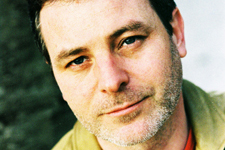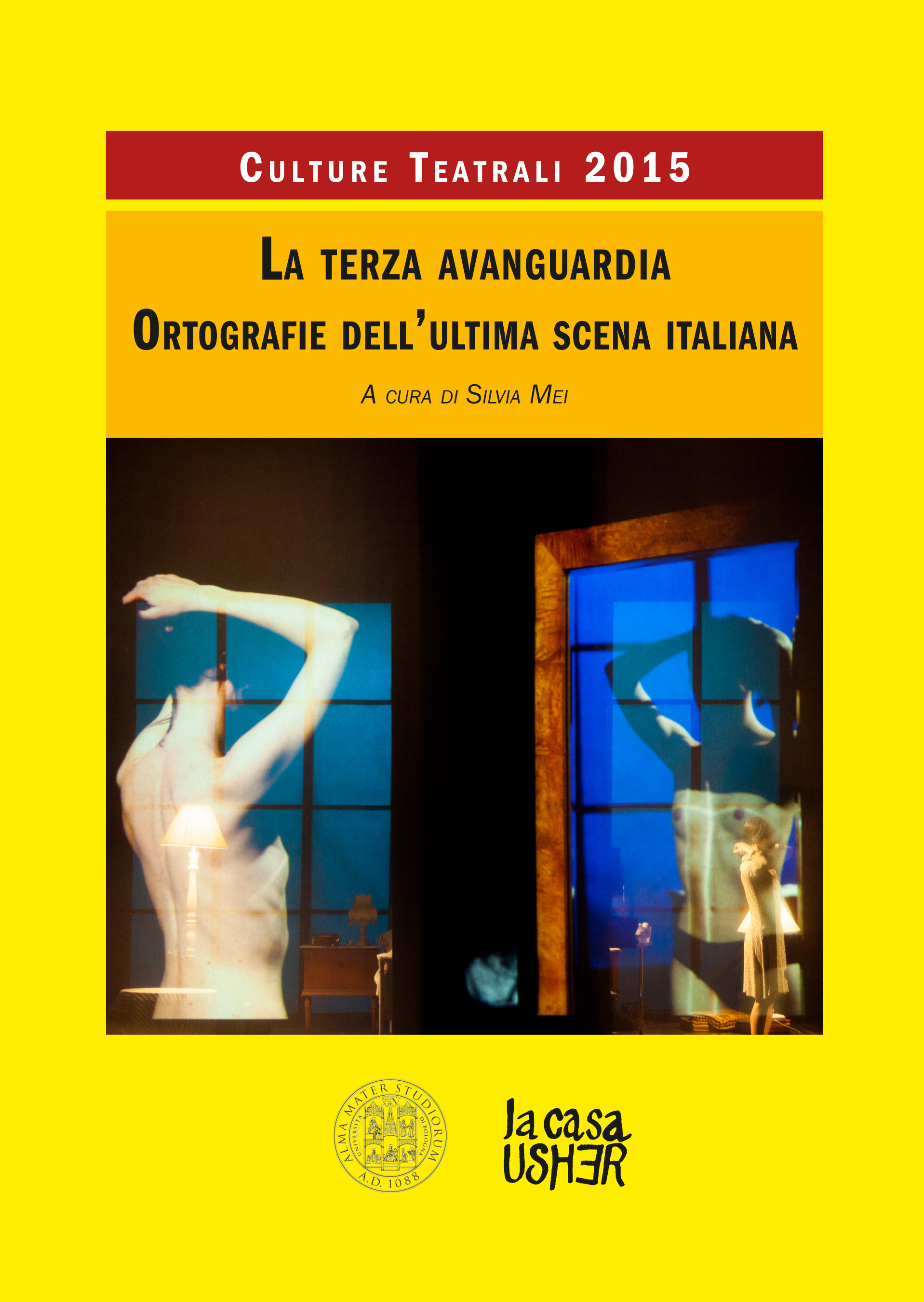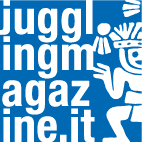|
 Theatre director, Slovenia. Founder and leader of the VN project IT/ENG Theatre director, Slovenia. Founder and leader of the VN project IT/ENG
Bojan Jablanovec, born in 1961 in Murska Sobota, graduated from AGRFT in Ljubljana (Academy of Theatre, Radio, Film, and Television). As early as his graduation project Helios (a directorial project based on Brecht’s play Galileo Galilei, Cankarjev dom, 1988), Jablanovec revealed his interest in opening the theatrical field and exploring audience perception. In 1989, he launched another theatre project entitled Triumf smrti (Triumph of Death performed by SNG Maribor) which synthesized the theatrical trends that characterized the 1980s. From 1993 to 1999, Jablanovec directed works in most Slovenian theatres. His work during these years included Pierre Corneille’s Odrska utvara (L’Illusion Comique) at SLG Celje (Borštnikova award for best scenery), Federico Garcia Lorca’s Dom Bernarde Alba (The House of Bernarda Alba) at PDG Kranj, Howard Barker’s Ljubezen dobrega moža (The Love of a Good Man) at PDG Nova Gorica (Borštnikova award for best direction), Alfred Jarry’s Kralj Ubu (King Ubu) at MGL, Philip Ridley’s Disnet Razparač at SNG Ljubljana, Werner Schwab’s Predsenice (The Presidents) at SNG Ljubljana, Friedrich Dürrenmatt’s Romulus Veliki (Romulus the Great) at MGL, Henrik Ibsen’s Hedda Gabler at SSG Trieste, Bertold Brecht’s Gospod Puntila in njebov hlapic Matti (Mr. Puntila and his Man Matti) at PDG Nova Gorica, Eugene Ionesco’s Stoli (The Chairs) at PPF Koper, and Antonin Artaud’s Curek krvi (Jet of Blood) at Cankarjev dom in Ljubljana. From 1997 to 1999, he taught as an assistant/trainee for theatrical direction and plays at AGRFT in Ljubljana.
In 1999, Jablanovec stopped directing in Slovenian repertory theatres and dedicated himself to theatre research. He did this out of a need to confirm the ideas, meanings, and explanations that underpin the theatre and out of the conviction that dominant production models and the normative standards of creating theatre had become a museum of historical aesthetic forms. During the period up until 2002, Jablanovec launched three research projects which dealt with the staging of the subject through sexual difference (Evropa – deklica, ki je preveč hitela, Europa – The Girl Who Ran Too Fast), the staging of the subject in relationship to time (Lenora at SNG Ljubljana), and the staging of the subject through the difference between speech and language (Olga Grad vs. Juanna Regina at PG Kranj).
With these projects, Jablanovec successfully developed his directorial method which focuses on the effort to find a process that will effectively lead to artistic creation – a process whereby the person who steps on the stage with his words, his body, his thoughts becomes a theatrical artist. With this goal in mind, he founded an international contemporary theatre arts project called Via Negativa. Artists who collaborate with the Via Negativa project are made to occupy the position of performer; each participant must be both author and material. Although Via Negativa’s basic creative vehicle is performance, its primary interest remains the exploration of the fundamental mechanisms of theatrical convention. Using a reductive method, Jablanovec focuses on the relationship between the performer and the viewer (the relationship between what is shown and what is seen), and on the question of the real in this relationship. Jablanovec is above all interested in theatre as a method of communication rather than aestheticization.
During the first seven years of the project’s existence (2002-2008), Jablanovec explored the seven human qualities generally known as the seven deadly sins (wrath, gluttony, avarice, lust, sloth, envy, and pride). In this cycle of performances, participants focus each year on one of the seven sins as the basic factor that will dictate the action on the stage and the relationship to the audience. Jablanovec says this about his decision to do the cycle: “Sin is the eroticism of life. The closer I am to sin, the more life gathers within me. That’s why I always flirt with sin, sit in its lap, and prove that I am stronger than its clinging embrace. My personality is a collection of various tactics on how to outwit myself as regards sin. A variety of more or less successful efforts have formed my character, how to walk on the edge of wrath, sloth, gluttony, envy, avarice, lust, and pride. My intelligence develops though rationalization of desire and deferred pleasure. For me, theatre is one of the ways to get close to sin. That’s the game: to be as close as possible to sin but never enter it. This is how we can both enjoy sin: I who put it on stage, and you the viewer who expects it of me, and you, the viewer who watches me, how I do this instead of you. The theatre is a license to sin."
The first two Via Negativa performances pieces – Izhodiščina: jeza (Starting Point: Anger, 2002) and Še (More, 2003) – clearly delineated the creative span of the project. The positive response of the audience and excellent reviews confirmed the direction of both content and form. The rapid international expansion of the project followed. Jablanovec used workshops to develop a model for the international production of contemporary theatrical works that would not be driven by the logic of limiting the number of permanent members. The team in the following three performance pieces – Incasso (2004), Bi ne bi (Would Would Not, 2005), and Viva Verdi (2006) – was international and the works were performed at international festivals (among others, at the 2005 Venice Biennale). Via Negativa is recognized in centres of contemporary arts and in the wider European space as a worthy project dealing with contemporary theatrical creativity.
|


 Theatre director, Slovenia. Founder and leader of the VN project
Theatre director, Slovenia. Founder and leader of the VN project